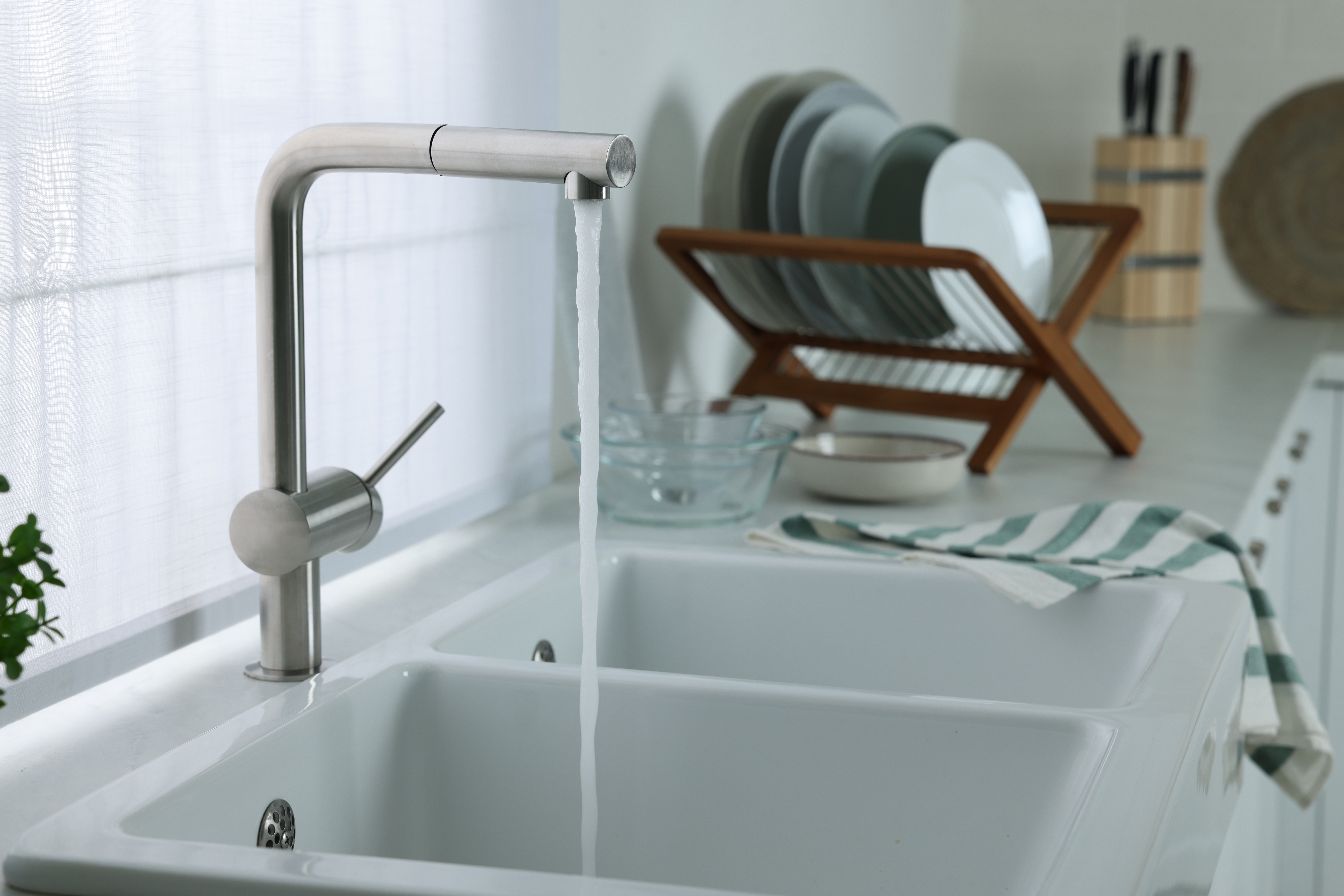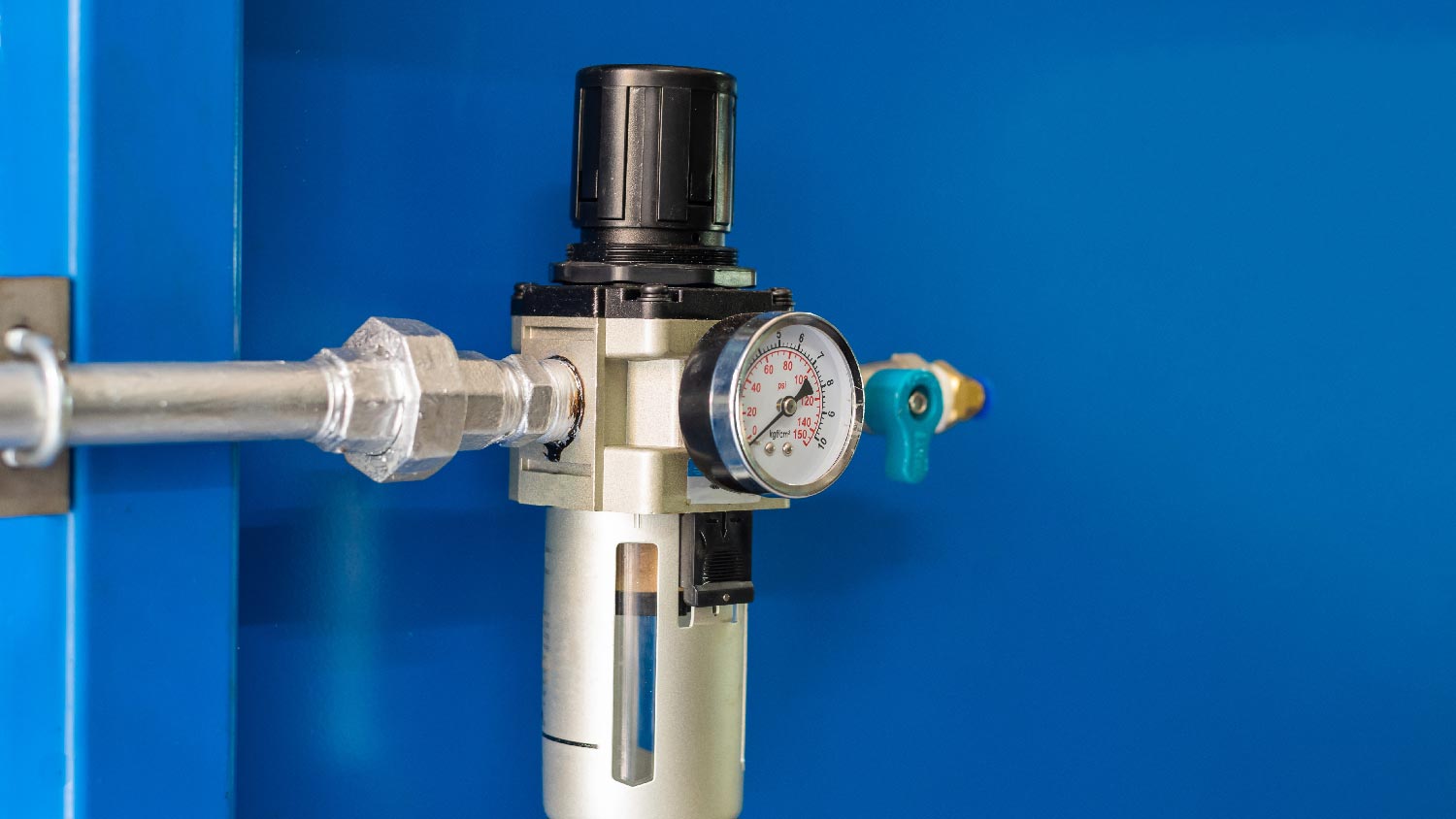
Discover how much a plumber costs in Dallas, explore local cost factors such as water quality and home age, and learn how to hire the right licensed pro.
Mobile homes often require a specialty plumbing service


Mobile home plumbing systems are rather different from those in traditional homes, with most piping running in a crawl space under the house. Finding the best plumbing service to tackle your mobile home plumbing system starts with asking a few critical questions about fees and qualifications and checking for potential red flags. Here are some key things to consider when hiring a pro to get your mobile home's pipes up to par.
Mobile home plumbing services can handle the same issues as a regular plumbing service, including repairing leaks, unclogging drains and toilets, draining hot water heaters, and addressing other issues. The difference is that a mobile home plumbing service will be well-versed in how to access and repair plumbing specific to mobile homes.
The cost of a plumbing repair averages $350, but the actual cost can range from $175 to $450 or higher. Mobile home plumbing repair may cost more than traditional plumbing because it can be more difficult to access. You can ask your local plumber if they work on mobile homes and get an estimate for how much they’ll charge.
When taking on this project, expect questions only a pro can answer. With our network of local pros, you'll get the job done and your questions answered—without the hassle and stress of doing it yourself.

Not all plumbers work on mobile homes, so you’ll need to do some extra digging when looking for a good match. Mobile home plumbing is a specialized field, so you'll want to ensure the pro you hire has specific knowledge about the work. Asking them up front about their skill and experience level with mobile home plumbing repairs or installations can save you time.
Before you contact a plumber to work on your mobile home plumbing project, gather as much information as you can about your issue and where your plumbing is located. Ask if the plumber will come to your home and assess the issue to give you a quote or if they’ll give you one based on the information you provide.
Consulting neighbors is a great way to find a plumber because you can often see the work firsthand. Reviews often come from the heart and can give you valuable insight into a service. You can also conduct online searches or ask the maintenance crew or your community for recommendations.
Many plumbing companies perform background checks on their employees so they can guarantee that the person they’re sending to customer's homes is safe and honest. It’s in your best interest to ask your plumber who will be coming to your home and whether that person has passed a background check. If they have, the plumbing company should be willing to share that information with you and provide you with proof.
Now is the time to check the company’s licenses and insurance, including that they have an active license (if required in your state) and liability and worker’s compensation insurance that covers every employee they send to your home. You should do this before signing the plumbing service contract to ensure the company is being truthful. Check with your local municipality to verify their credentials—you’ll have peace of mind knowing the company is credible in the community.
If a company checks your boxes, it’s time to move forward with the hiring process. This is the part where both parties figure out payments and schedules and verify what was talked about over the phone or through email.
You should have already talked with a plumbing company representative to get basic answers that prove they’re a quality company to hire, and now is the time to get more details about them and how they can help you. Ask the plumber you’ve chosen to provide an in-person estimate and answer a few more questions about your project.
These may include the following:
What do you think the problem or solution is?
How long do you think the repairs or installation will take?
What parts or services will you need to provide?
What is your final estimate for this job?
Do you offer written warranties on your work and any parts you install?
Can you replumb a mobile home?
Can you winterize the plumbing in a mobile home?
When can you get started?
Watch out for any company that doesn’t seem interested in inspecting the problem in person and giving you a final quote first. If they’re pushy and want to get straight to work, you might end up paying more than you expected.
Always sign a contract before any work begins. Contracts protect every party. While it may seem tedious, it’s important to thoroughly read through the contract to avoid any surprises. If you have questions about the contract or don’t agree to the terms, it’s your responsibility to ask questions—never sign a blank or incomplete contract or one you don’t completely agree to.
This will also be the step where you finalize the payment schedule. This will often require a deposit and then another payment when work is complete. Deposits will be anywhere from $100 to $1,000, depending on the service. However, be aware that many states limit the size of a down payment for your protection. If the plumber you’ve hired asks for too much money or complete payment upfront, consider choosing a different company.
For your protection, keep records relating to your plumbing project. This includes all contracts, warranty documents, and other information your plumber provides. You’ll want this information if you have a future issue related to the plumbing repairs or installation. In some cases, your warranty is only valid if you can prove it exists and is in force.
It’s also important to keep the contact information for your plumber so you know how to reach them in the future for follow-up work or other services.
If you’ve done your due diligence, chances are good that your mobile home plumbing repairs and installation work will go smoothly and produce the outcome you’d hoped for. However, no matter how great a plumber is, you can still have issues. To prevent problems, watch for signs that your contractor isn’t doing what they’ve promised or isn’t providing the customer service you’ve been promised.
If you’re concerned about their abilities, the work they’re providing, and the quality of the replacement parts they’re using, it’s best to bring up your concerns right away. Talk with the plumber or call the company and speak with the manager or owner. It can be helpful to have written notes or even photographs of your concerns. Having an idea of a solution is also a good idea.
If you believe your plumber hasn’t done the work to code or you’re worried about your safety or the safety of your home, call a local building inspector to check out the repairs and give you a neutral opinion.
Before you book a plumbing company, you’ll want to ask a few questions. A solid company can answer most of your questions, and if they can't, they'll find the answers for you. These questions include:
Are you a licensed plumber and insured?
Are mobile home plumbing services your specialty?
Do you charge flat rates or by the hour?
How much will I be looped into what’s happening?
Does your company give quotes before starting the work?
You should ideally ask three companies these questions unless you’re dealing with a plumbing emergency. In which case, you should focus on finding an emergency plumbing service.
Once the mobile home plumbing repair is completed, have the plumbing contractor walk you through the work that they did. You should also have them pinpoint the origin of the problem so you can avoid a similar plumbing issue in the future. Depending on the payment schedule, you’ll either pay the final amount or start the payment process.
The plumbing contractor might also ask for a review and a reference. If you’ve found their work satisfactory, be honest with your review. If you’re not happy with their service, approach the company directly to try to work through the problem.
You should inquire about follow-up visits to ensure everything is in working order as well. It’s better to catch issues before they’re a problem, so you might want to see if the mobile home plumbing service can do annual inspections.
From average costs to expert advice, get all the answers you need to get your job done.

Discover how much a plumber costs in Dallas, explore local cost factors such as water quality and home age, and learn how to hire the right licensed pro.

Learn about main water line repair costs in Dallas and what affects your total so that you can budget accurately and avoid surprise charges.

The cost to replace cast iron pipes depends on many factors, like size and accessibility. Use this guide to get a rough idea of how much you’ll spend.

Find out the average water pressure regulator replacement cost, key price factors, and tips to save on your project. Get transparent, expert-backed cost info.

Understand how much water a toilet uses per flush and find ways to make your house more sustainable and efficient while lowering water bills.

Before purchasing and installing a new toilet, you need to know the toilet rough-in measurement to ensure proper integration. Here’s how to get it done.